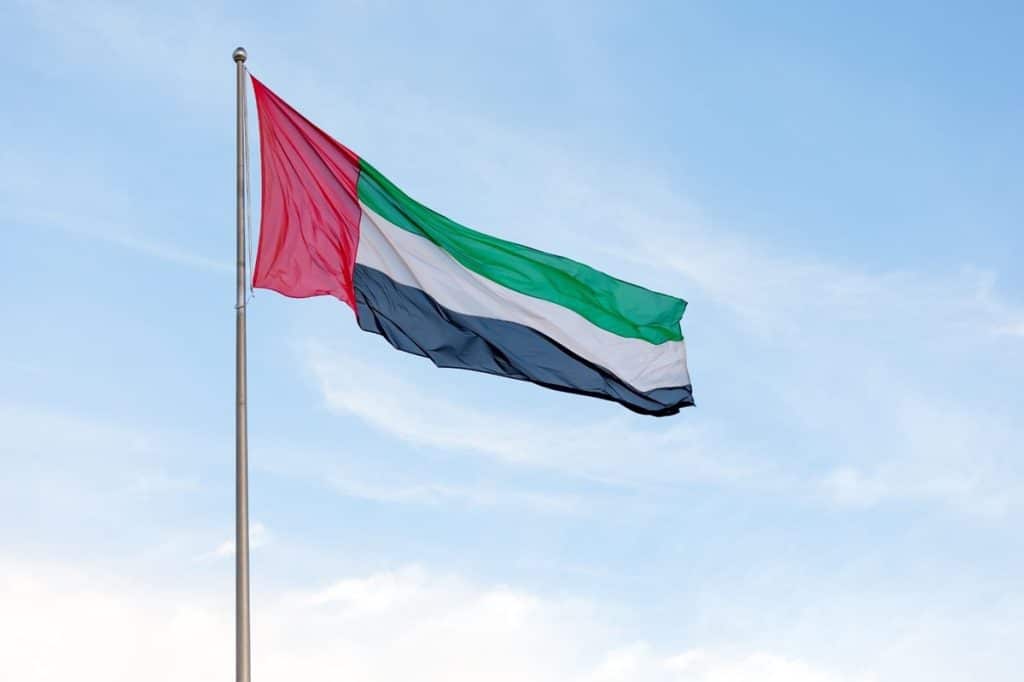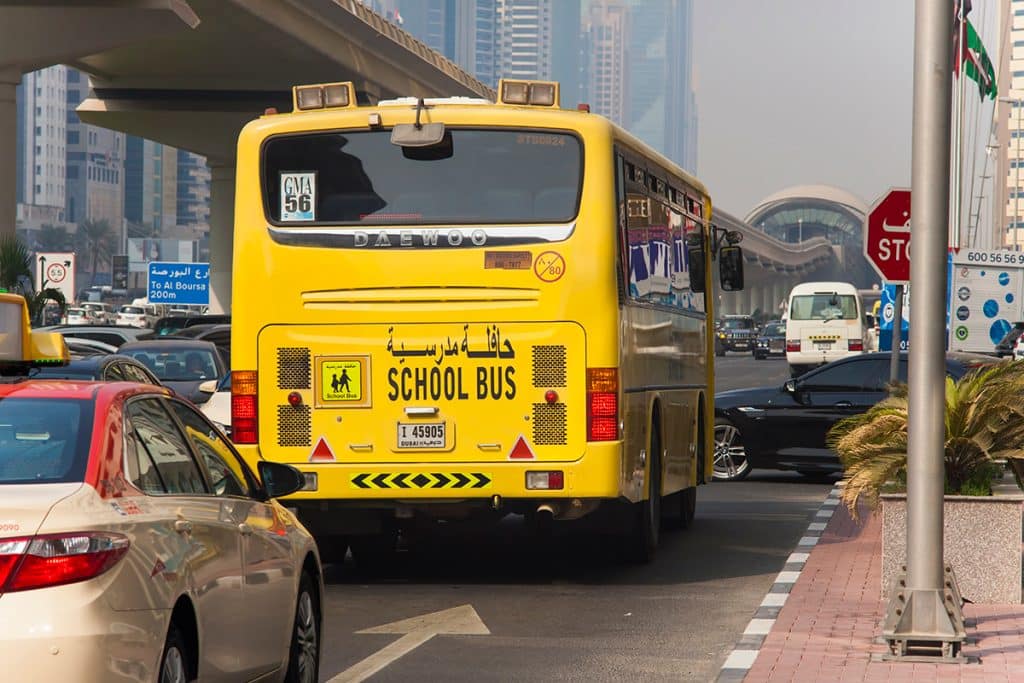The UAE Ministry of Education (MoE) has announced sweeping reforms and readiness plans for the academic year 2025–2026, including the launch of the country’s first national Artificial Intelligence (AI) curriculum, major updates to student assessments, and the opening of nine new schools across the Emirates.
The announcements were made during a media briefing attended by Sarah Al Amiri, , alongside senior officials Mohammed Al Qassim, Under-Secretary of MoE; Sulaiman Al Kaabi, Assistant Under-Secretary for the Professional Development Sector; and Amna Al Saleh, Acting Assistant Under-Secretary for the Curriculum and Assessment Sector.
Sarah Al Amiri, Minister of Education, confirmed that since January, the Ministry has been implementing proactive plans to ensure public schools’ readiness for the new academic year, covering facilities, curricula, and teaching methods.
New UAE education rules
She revealed a significant shift in assessment policies: centralised tests at the end of the second semester have been removed and replaced with school-based summative assessments.
Centralised exams will now take place only in the first and third semesters. The reform aims to diversify student evaluation methods, improve learning outcomes, and enhance teaching quality.
UAE school calendar for 2025-2026: Longer winter break and new mid-term holidays revealed
The Ministry has also expanded the project-based learning and assessment (PBLA) system to all Cycle 2 students in both public and private schools applying the MoE curriculum.
Phase one had already engaged 127,500 students across 350 schools. In addition, a new national standardised proficiency test in Arabic, English and mathematics will be introduced for Grades 4–11, starting with 26,000 students.

Al Amiri reiterated the Ministry’s focus on strengthening national identity through Arabic language and Islamic education as the foundation of student character.
To support this, more teaching time will be allocated to both subjects, while daily Arabic reading and writing sessions will be introduced for younger students without extending school hours.
A new Arabic baseline assessment will be piloted in Grade 1 across 100 schools, designed to establish standardised levels and provide tailored support to strengthen language skills.
On operational readiness, the Ministry confirmed that nine new schools will open in the coming year, accommodating more than 25,000 students and supported by 800 new teachers.
More than 460 schools have been maintained and equipped, 5,500 buses prepared, 10m textbooks printed, and 47,000 laptops distributed to ensure full readiness.

Mohammed Al Qassim announced the rollout of a new Physical Education, Sports and Health Programme to improve student wellbeing.
The initiative will introduce healthy meals, restructure PE classes, and host sports tournaments to encourage sustainable lifestyles.
He also highlighted the Ministry’s renewed focus on partnerships with parents and educators. Restructured Ta’aleem Councils and 520 Parents’ Councils representing 6,140 members nationwide will give families and teachers greater participation in shaping educational policy.
As part of its community engagement, the MoE will launch a nationwide campaign, From Skill to Leadership, designed to develop student talent through exploration, development and excellence.
Two programmes—My Inspiring Family and Inspiring People in the Field—will debut in the first month of the academic year to motivate students by highlighting role models within families and communities.
One of the most notable initiatives is the launch of the UAE’s first nationally developed Artificial Intelligence (AI) curriculum.
Approximately 1,000 teachers will deliver AI lessons across all grades, equipping students with the skills to use AI responsibly and effectively in daily life and future careers. The programme will also provide insights to help shape both UAE and global education policy on AI integration.
To support these reforms, the Ministry has intensified training for educators. More than 23,000 teachers and leaders completed 170 hours of training across 60 workshops.
In the 2025–2026 academic year, the Educational Competency Assessment Project will cover more than 23,000 educators across all levels to define career paths and strengthen professional capacity.
What’s new for UAE schools in 2025–2026
| Reform | Updates |
| Assessments | Centralised exams only in first and third semesters; school-based assessments in second |
| Project-based learning | Expanded to all Cycle 2 students (public and MoE private schools) |
| Proficiency testing | New standardised Arabic, English, maths tests for Grades 4–11 |
| National identity | More Arabic and Islamic education; daily Arabic literacy sessions for Cycle 1 |
| Arabic baseline assessment | Introduced in Grade 1 across 100 schools |
| Infrastructure | 9 new schools, More than 25,000 students and 800 teachers |
| Technology | 47,000 laptops distributed; 10m textbooks printed |
| AI curriculum | UAE’s first AI curriculum, taught by 1,000 teachers across all grades |
| Student wellbeing | New PE, sports and health programme; healthy meals and tournaments |
| Parent and teacher role | 520 Parents’ Councils; restructured Ta’aleem Councils |
| Campaigns | From Skill to Leadership, My Inspiring Family, Inspiring People in the Field |
| Teacher development | More than 23,000 teachers trained; competency assessments for 23,000 more |












